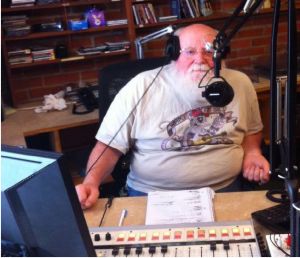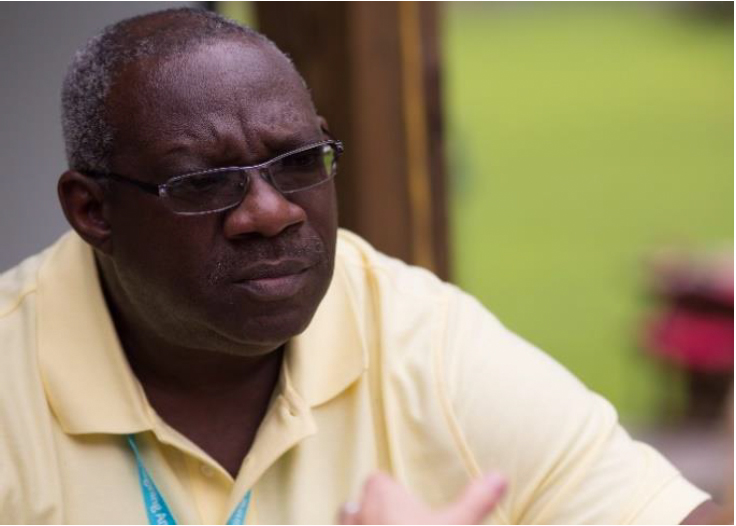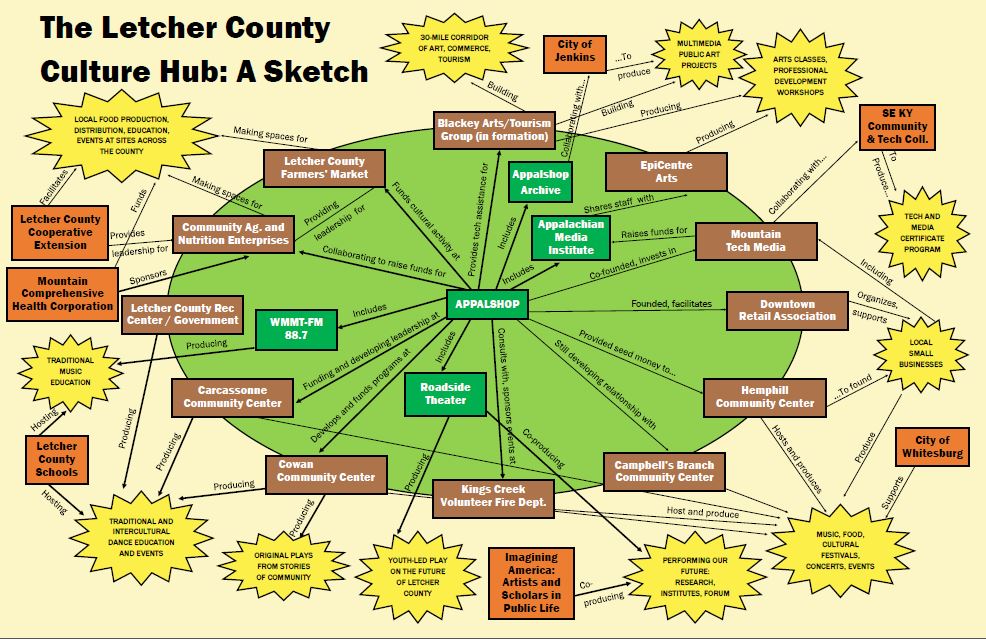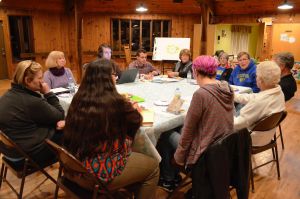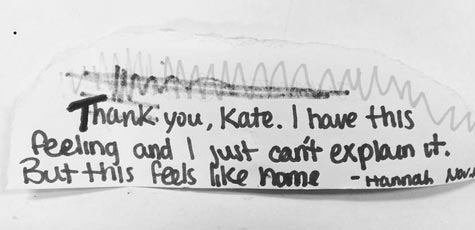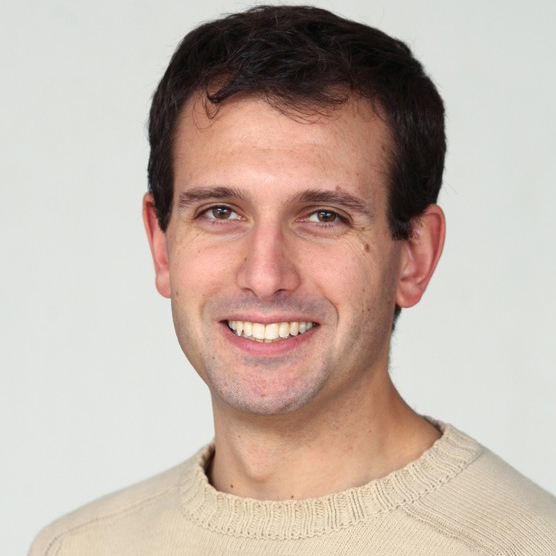
Appalshop program participants filming. (Photo by Shawn Poynter Photography)
A lot of people don’t believe me when I tell them Letcher County, Kentucky, is one of the most open-minded places I’ve ever lived.
I might not have believed it either, before I moved here a year ago. I’ve spent most of my life in cities and suburbs, and I arrived with all the assumptions you can imagine about Central Appalachia and the people who live here.
But if you’ve been here, or to similar places, you know how wrong those assumptions can be. Yes, some people fly Confederate flags. One of them, down the road, used to share a front lawn with an anarchist environmentalist, and they got along fine. Yes, my northeastern accent sticks out. And as long as I’m open about who I am and interested in who they are, I’ve found almost everyone here is ready to open up, take me in and work together.
Letcher County went 79.8 percent for Donald Trump. He won every county in Kentucky, except the two that include Lexington and Louisville. Around 3 a.m. on election night, I woke up in a panic as three celebratory gunshots from next door shook my house.
The next morning it was hard to get out of bed. Was this still the same loving, open-minded place where I went to sleep last night? Did I belong here anymore?
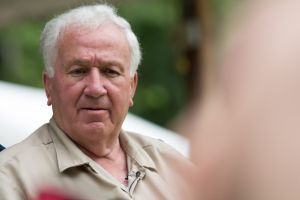
Bill, Letcher County Volunteer Fire Chief (Photo courtesy of Lafayette College/Clay Wegrzynowicz ’18)
My phone rang; it was Bill. Bill is fire chief in one of the remotest, poorest parts of the county. He and I had worked together a lot over the past year, most recently on a project to get energy costs down at the county’s cash-strapped volunteer fire departments. Bill and his crew do a lot more than fight fires; they look after sick neighbors, get food to hungry families and otherwise work day and night to take care of their community, for no pay.
Still, Bill isn’t your average partner for a social justice-oriented nonprofit. He’s a former logger and mine owner. He’s campaigned for some of the most right-wing candidates in the area. And his interactions with public officials have been, well, colorful.
I let the phone ring. I didn’t think I could talk to Bill that morning. He was going to be happy and peppy — he’d just won, after all — and he’d ask me how I was. What could I say? I’m doing bad, Bill. Four-fifths of this county just elected someone really scary.
Finally, I called him back. He greeted me as always: “Why hello there, young feller! How’re you this morning!” I hesitated: “Honestly, I’m not doing great.”
Turns out he wasn’t either. His close friend and longtime secretary was dying of cancer — and without her help, he’d need a few more days to find the power bills I’d asked him for. I told him of course, take the time you need, and that I was very sorry to hear the news. She would die a few days later.
I work at the Appalshop — originally short for “Appalachian Film Workshop.” We were founded in 1969, with funding from the federal War on Poverty and the American Film Institute, as a program to teach young people in the mountains to make films. A few years later, when the government money stopped, some of those young people took it over and re-founded it for themselves.
Ever since, it’s been a grass-roots multimedia arts center: a film producer, theater company, radio station, record label, news outlet, youth media training program, deep regional archive and sometimes book and magazine publisher. It’s put the means of cultural production in the hands of local people.
At the Appalshop, we work with stories. Stories are how we learn, how we make meaning out of our lives, how we understand who we are and what we can do, individually and together. The story of Appalachia, as told in so many reports from “Trump country,” tends to be pretty depressing: broken people, victims of poverty and unemployment and addiction, clinging desperately to a divisive and hateful politics as their last hope.
My phone call with Bill, like so many other moments I could describe, hints at a different kind of story. A story suggesting that even after Election Day, we might not be as divided as we think. That even those who feel like we “lost” the election could ultimately win, together. And that if what we’re doing works here — listening to each other, caring for each other, working with each other on common ground toward common goals — it might work in other places, too.
One thing that’s different about Appalshop, compared with a lot of nonprofits, is we don’t do “community engagement” or “community outreach.” We aren’t looking to “help” or “save” the community. We are part of the community, no less and no more. One day, several months into my job, my boss pulled me aside and told me to stop starting sentences with “I’m not from here, but….” “You are from here now,” he said.
Of course, not everyone else from here loves what we do. I hear the term “Appalhead” now and again; I’m told it was real big five years ago, at the height of the so-called “Obama War on Coal.” It’s easy to call out the misinformation behind the label. No, we’re not all from New York and San Francisco; more than half of us grew up here. No, we’re not marching in liberal lockstep; our staff meetings can involve heated political debate. And no, we don’t hate coal miners; but industry executives and their political allies would like folks to think we do.
Still, if I lost a well-paying job when a mine shut down, and I saw people who claimed to be from my community raising money to make a film about how awful strip mining was instead of doing something to try to help my family, I’d probably be resentful, too. That resentment, I think, is a lot of what this election was about. County by county, the electoral map of the whole country looked a lot like Kentucky. Urban went Clinton. Rural went Trump. Rural won.
For those of us who don’t like how the election turned out, we’re left with two choices. We can keep ignoring or ridiculing the resentment my neighbors feel, and calling them ignorant and otherwise illegitimate for the ways they think, talk and act. And we’ll keep getting the same results. Or we can listen and try to understand where they’re coming from, even when we don’t like it, and see what we can build together.
Because either way, in this election we learned that rural people have power. Whether we like it or not.
The work I do is rooted in the Popular Front of the 1930s, when people came together across all kinds of differences to build power and fight against fascism. They understood power very simply, as organized people plus organized money. Since then, some organizers in this tradition have added a third term: organized ideas.
That’s the formula I use every day: Power = Organized People + Organized Money + Organized Ideas.
If we want to understand the power in rural America and how it can be organized differently, first we need to know — who’s got it? Who, exactly, has been doing the organizing?
The answer is, as usual: not us. The bigotry and violence of the Trump campaign wasn’t the product of our people, money or ideas. My neighbors may not be up on the latest social justice lingo, but they are not hateful.
No, the organizing took place far away. What we get, on both sides, are the bumper stickers, the prefab identities sold by the people with power to make us feel powerful — even as they use our power for their own benefit.
During the election our county was full of “Trump Digs Coal” signs, but the week afterward the top headline in our newspaper The Mountain Eagle was: “Don’t expect jobs mining coal soon, McConnell warns.” Again, though, if you’re a coal miner who lost your job and you’re convinced Obama is to blame, it makes sense that a sticker on your car could make you feel better. Like you’re fighting back.
So we’re left with the all-too-familiar story of “us” versus “them.” “Our” “good” bumper stickers — and energy-efficient foreign cars — versus “their” “bad” ones — on a clunker to boot.
The bumper that gives me hope, though, is the one parked in front of our building the day after the election. It had a “Make America Great Again” sticker and a sticker for WMMT-FM 88.7, the community radio station run by Appalshop, which broadcasts news and music across central Appalachia and streams worldwide. WMMT has 50 local volunteer DJs, from all political positions.
Including this guy. Old Red hosts the First Generation Bluegrass show on Thursday mornings. He plays great music, has a terrific radio personality and likes to make fun of Al Gore on the air. When I hosted a show last summer, I went on right before him.
One morning I played “Pride,” a haunting song by Ricky Ian Gordon about a gay man discovering he has AIDS and finding home in the uprisings of the mid-1980s. Near the end of my show Red came into the studio, as usual, and put down his pink bag. “I heard that song you played while I was driving in.” I took a breath. He continued: “I don’t know a lot about this stuff. I think I know what ‘L, G, B, T’ means, but I’m not sure about ‘Q, I….’ Can you help me?”
When Red steps into that studio, he feels safe enough to admit he doesn’t know something, and learn. Even from someone like me. Because that studio is a place Red knows he belongs. He gets to broadcast his music, his voice and his ideas, whatever I or anyone else might think of them, to five states every week. Just like scores of other people — including relatives of folks locked up in nearby prisons, who call in to our weekly hip hop show “Hot 88.7 — Hip Hop from the Hilltop and Calls From Home.” We can’t always see them, but they are part of our community, too.
A few years ago, with the coal economy on its last legs, a new generation of Appalshop leaders started working with a Jamaican economist named Fluney Hutchinson. Fluney has done development in poor areas across the world, sometimes with the International Monetary Fund.
But he doesn’t work through loans, austerity and government takeovers. He works, basically, through organizing. Or as he puts it: “Strengthening the capacity of residents to exercise voice, agency and ownership over their community affairs is essential to their ability to create communities that they value.”
He recognized Appalshop was already doing this, through radio and theater and other media. But he asked, how could we do more? How could we help build an economy where everyone had voice, agency and ownership? Where we can work and act and vote out of hope for a future we’re working to make, instead of out of fear of a future we feel powerless to stop?
This is what we came up with:
Basically, Appalshop would use its resources and relationships to do broad-based organizing. We would build a wide network of grass-roots organizations working to strengthen people’s voice, agency and ownership, starting in Letcher County. Each organization in our network would support everyone else’s work, connect each other with resources, plan projects to bring value and wealth into our communities, and bring together organized people, money and ideas.
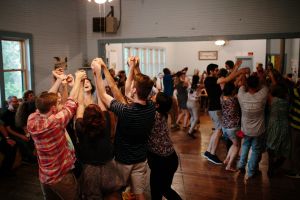
Square dance at the Carcassonne Community Center. (Photo courtesy of Lafayette College/Clay Wegrzynowicz ’18)
What does this look like? It looks like a remote community center getting the support to reopen the longest-running square dance in the state of Kentucky, with guests from around the state and around the country.
It looks like the county volunteer fire departments, led by my buddy Bill, working together to start an annual bluegrass festival that made $10,000 in its first year.
It looks like starting Mountain Tech Media, a new cooperative for-profit corporation, under Appalshop’s roof. And at the same time, working with our regional community and technical college to start a certificate program in tech and media skills — to create a complete community-based pipeline to employment for young people in the area.
It looks like people and groups of all kinds coming together and recognizing that we have power, and together we can build more. That we don’t have to wait to be saved. That we can create markets on a scale to attract the attention of investors — and keep the value of those investments in our community.
It looks like a certain drink at the new Kentucky Mist Moonshine, Letcher County’s first legal still, run by a Republican businessman who’s now a close partner in the Downtown Retail Association we helped found. It involves apple pie moonshine, cider, a little sour mix, cinnamon, sugar and apples. They call it the “Appal Head.” (They made me a free one recently; it was delicious.)
And it looks like the young girl who recently came to a painting party hosted by our youth media institute. She said she’d wanted to come for a while, but she was nervous because she didn’t know anyone. Before she left, she left a note with the Institute’s director:
At the start of 2017, Appalshop is 48 years in (and still learning, of course). But I think we’re onto something. When we work together to make places where we all feel like we belong, we can feel safe enough to open ourselves to people and ideas we might otherwise fear. When we build a culture and economy based on shared agency, voice and ownership, we can live with dignity and own the value we create. That’s what we’re imagining here in Letcher County, Kentucky.
Can a project started in Letcher County go nationwide? We’re ready. Want to work with us? Let’s talk. We like visitors. Above the doors of our local library, in the words of Letcher County author Harry M. Caudill, is our standing invitation to all:



